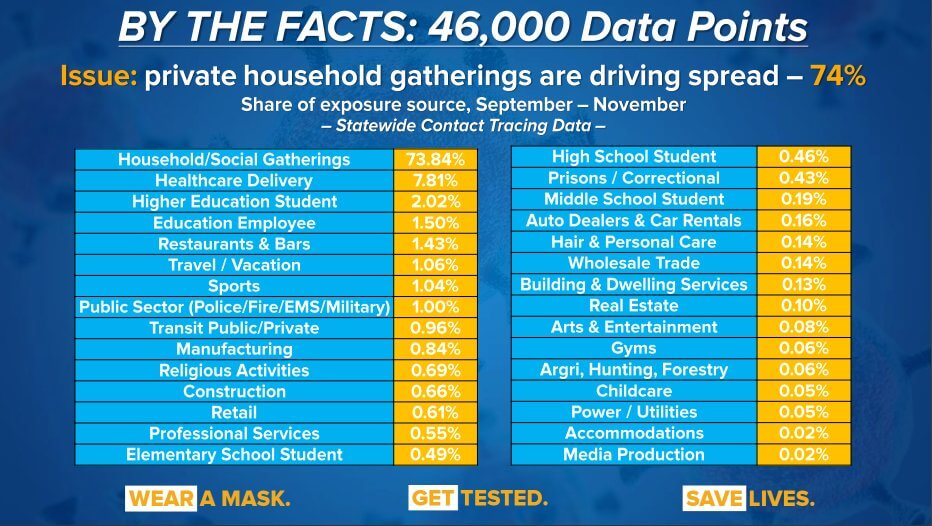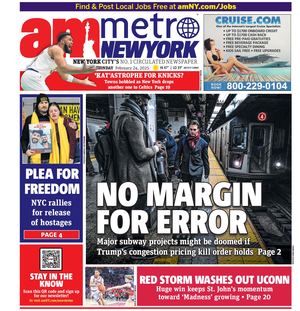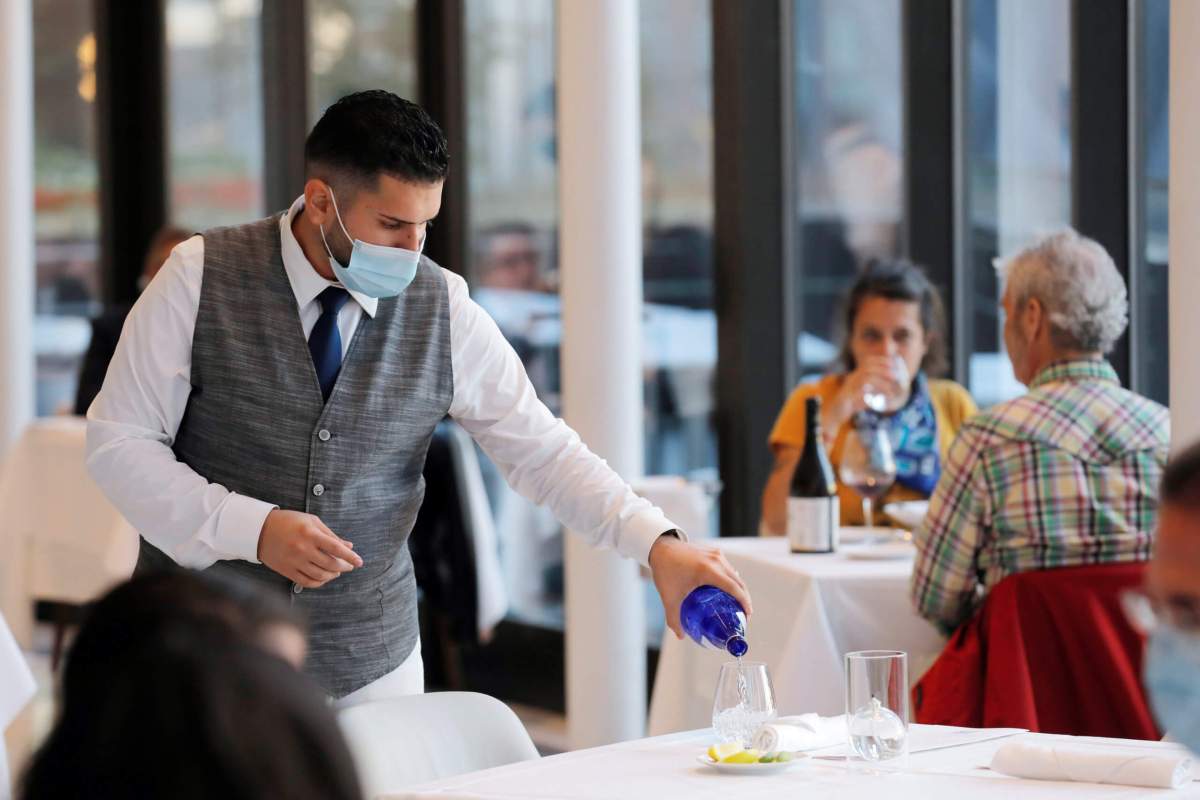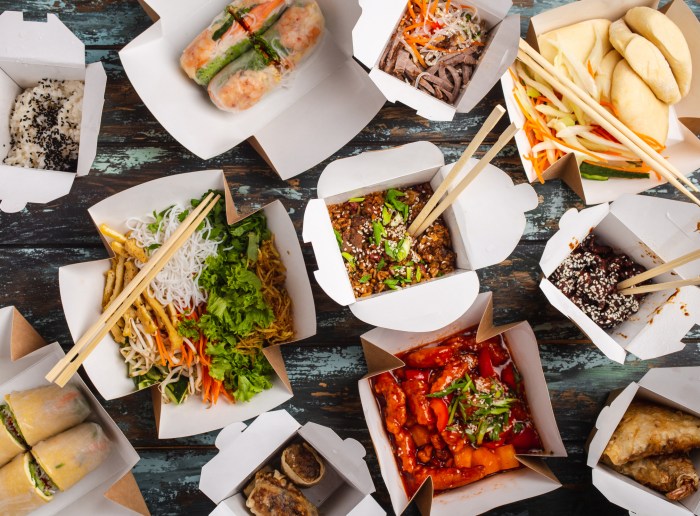Indoor dining across New York City will be suspended for at least two weeks as of Monday, Dec. 14, Governor Andrew Cuomo announced Friday — delivering another blow to restaurants and bars that have suffered mightily during the COVID-19 pandemic.
Cuomo cited the rising COVID-19 and related hospitalization rates in New York City and an inappropriately high rate of transmission as the key reasons for ceasing indoor dining — which had been limited to 25% capacity.
Outdoor dining and delivery orders may continue uninterrupted.
While acknowledging that indoor dining is not currently the primary driver of COVID-19 cases in New York state — living room spread in the home remains at the top of the list, accounting for more than 74% of all infections — the governor said the concern comes down to New York City’s density and the rate of contagion.

The Rt rate in New York state is up to 1.3 — meaning that one person infected with COVID-19 could infect at least one other person, or several other people. New York City’s hospitalization rate is now up to 2.6 per 100,000 people, according to the city’s Health Department, with 205 hospitalized with COVID-19 — five more than the threshold the city considers safe.
Cuomo also cited the revised guidance of the Centers for Disease Control and Prevention about indoor dining, which advises that implementation of indoor dining policies “should be guided by what is feasible, acceptable, and tailored to the needs of each community.”
Earlier this week, Cuomo indicated that indoor dining would likely be suspended in New York City because of the rising COVID-19 rate and increase in hospitalization. That news brought about greater concerns from restaurant and bar industries, who feared a second closure of indoor dining would result in further business closures.
In a statement released after Cuomo’s press conference Friday, Andrew Rigie, executive director of the New York City Hospitality Alliance, again questioned the wisdom of the decision to stop indoor dining.
“Restaurants as an industry are only responsible for a small 1.4% of virus cases as compared to 74% from living room spread. Yet, only New York City’s restaurants are being closed even when hospitalization rates upstate are double the city’s rate,” Rigie stated. “Closing indoor dining in New York City will severely jeopardize the survival of countless small businesses and jobs and now it’s more important than ever that all levels of government pass critical support to help save the industry.”
Cuomo said he was cognizant of the grim situation facing the restaurant industry, and agreed that the businesses affected need financial relief to get through the crisis.
“The federal government must provide relief to these bars and restaurants in this next package,” Cuomo said, referring to ongoing talks in Washington about a new round of economic stimulus. “I understand we’re battling COVID. I also understand you’re wiping out business. In New York, we will do what we can to help.”
One way the state intends to help the affected businesses is by extending the commercial eviction moratorium to prevent landlords from booting tenants who are behind on their rent — something which Cuomo said he would do once again Friday.
The governor also suggested that while there would be hardship from the loss of indoor dining, he expressed hope that the expansion of outdoor dining and the acclimation of New Yorkers to it, even in colder months, might help the businesses get through the difficult period.
“Yes, there will be economic hardship, but we have compensated in other ways, and this is a situation that has affected every business community, not just restaurants,” Cuomo said. “We’re asking everyone to hold on. The end is in sight, but we still have to get there. If we are in a situation in this state to provide business relief and we have any funds or resources to do that, I would be 100% supportive of it, and have advocated for it.”
The governor said state officials are going through a “winter plan” of attack against COVID-19 and other policy changes in the state would be announced Monday.
That plan, as well as the indoor dining suspension, will be reassessed and altered depending on the spread of COVID-19, state officials cautioned.







































